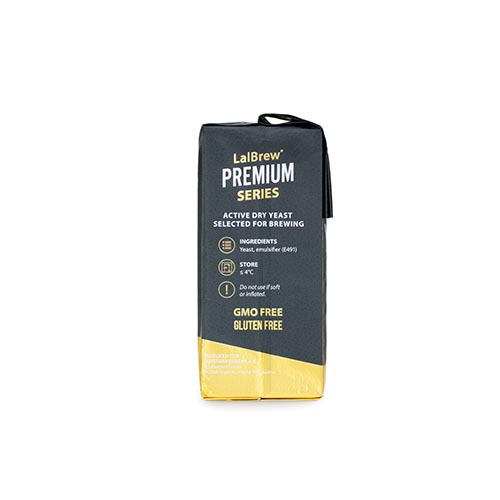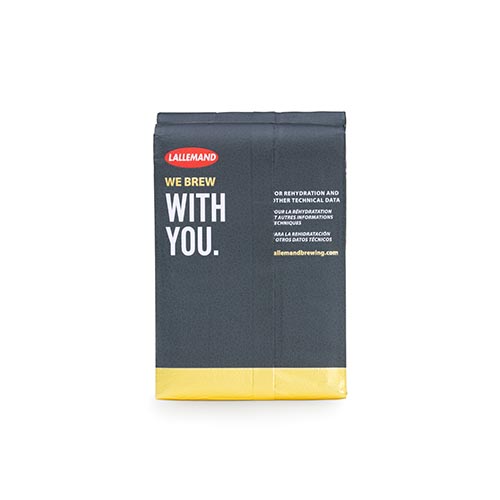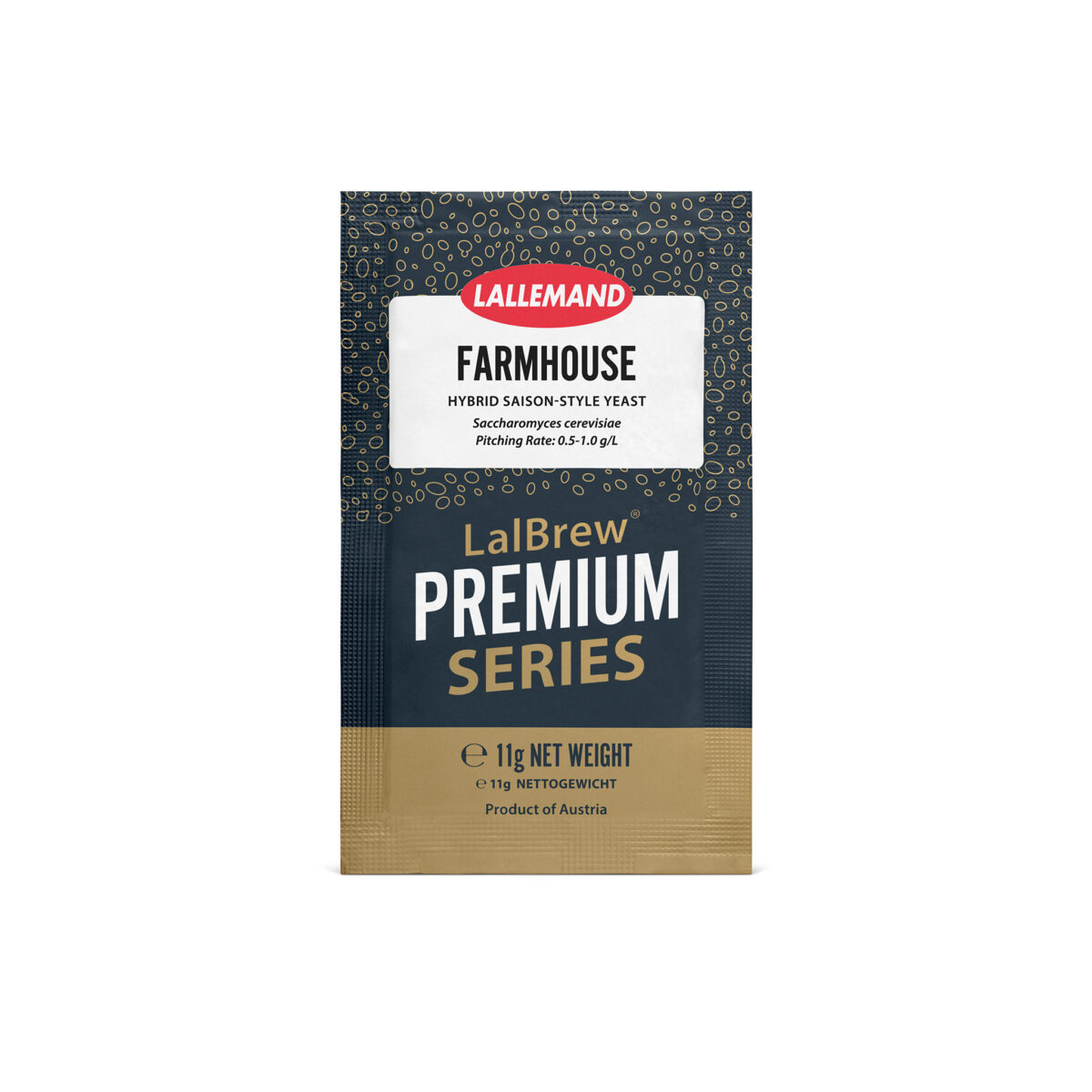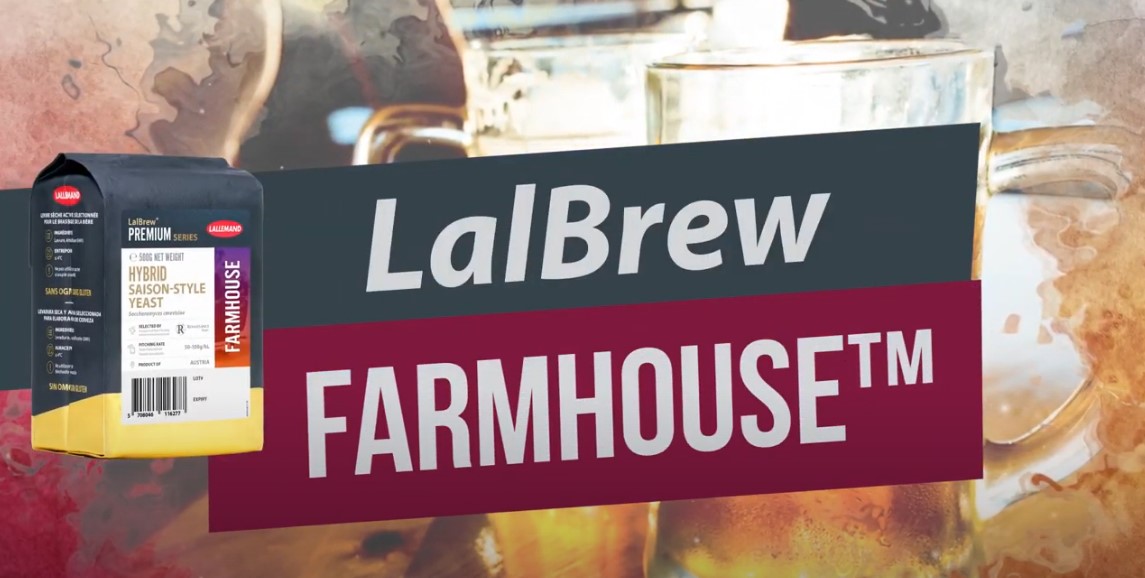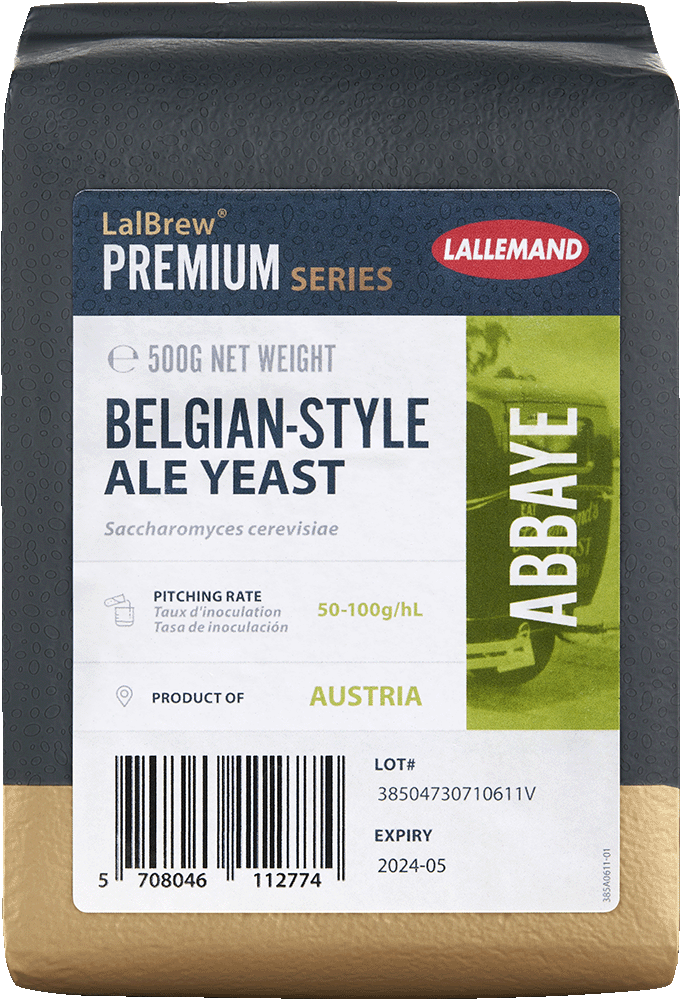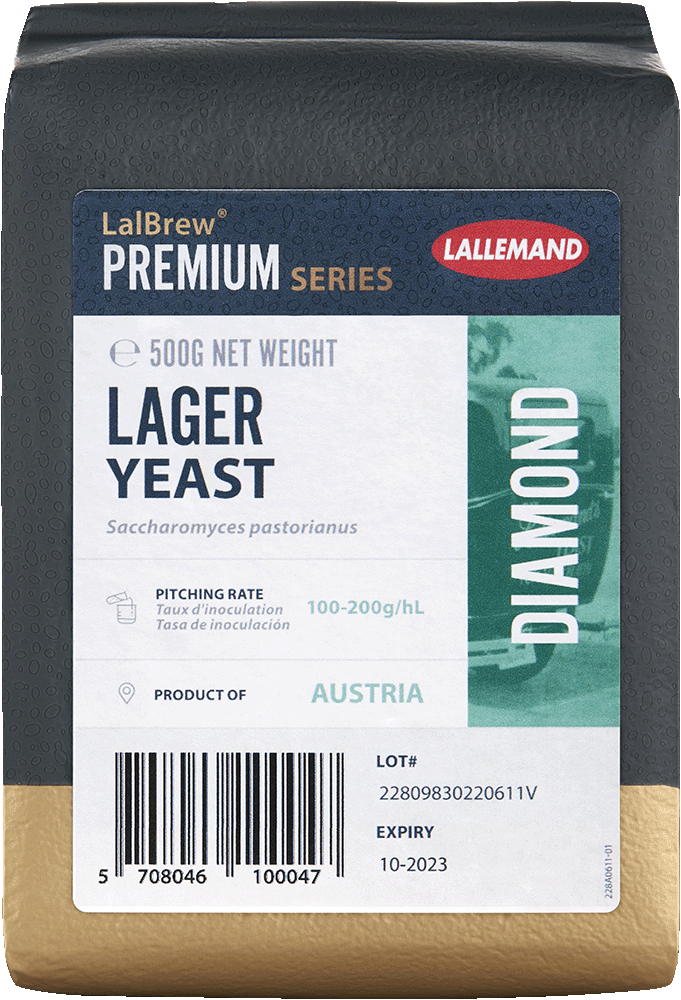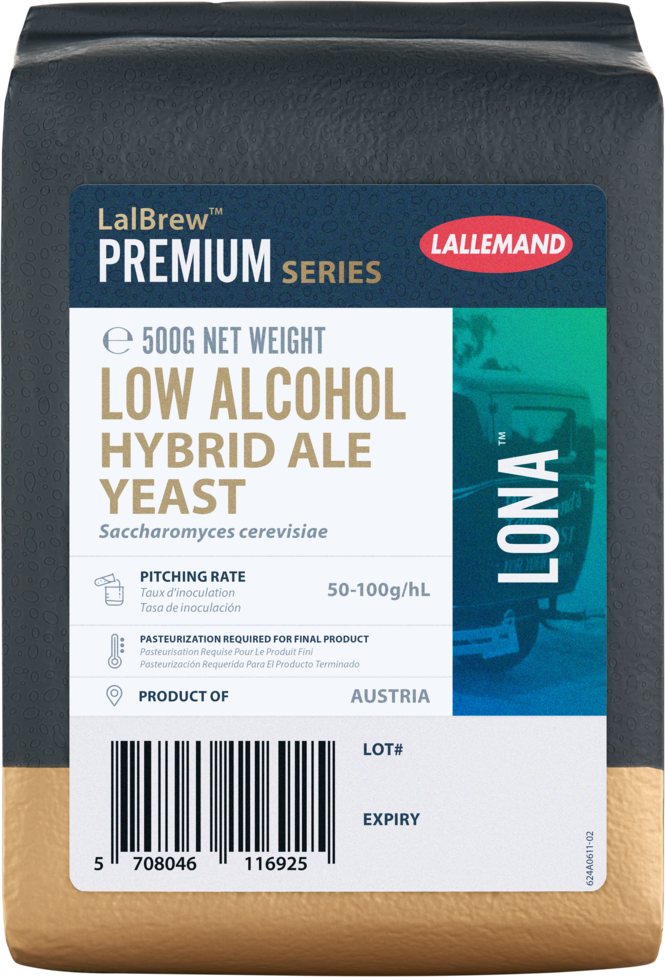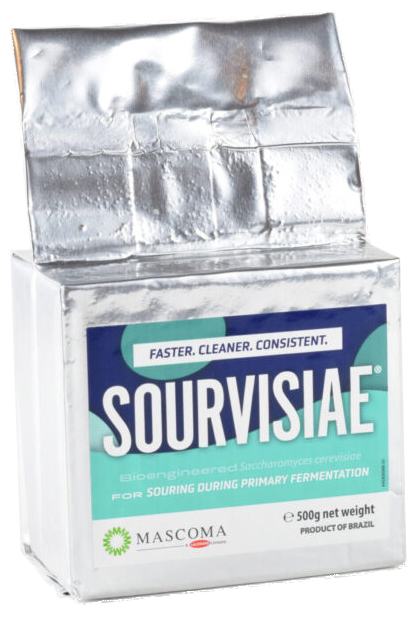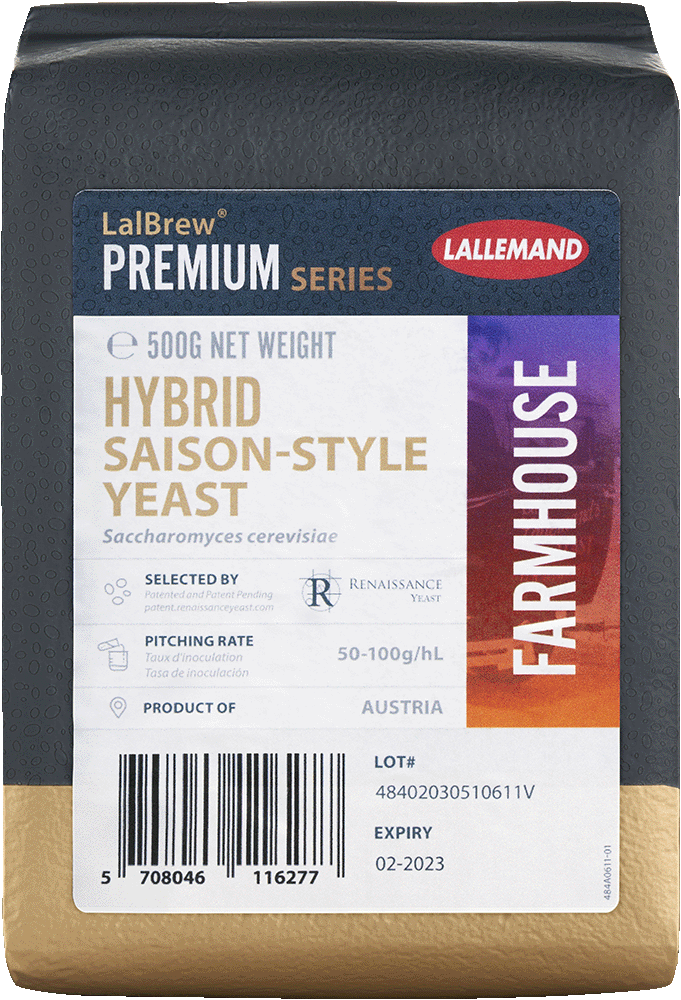
LalBrew Farmhouse™
LalBrew Farmhouse™ is a non-diastatic hybrid that has been selected to make saison-style and farmhouse style beers. LalBrew Farmhouse™ was selected using the most advanced breeding techniques. The research team used classical and non-GMO methods to remove the STA1 gene, responsible for the diastatic activity of Saison yeasts. Care was taken to retain normal brewing sugar utilization to produce dry saisons. Additionally, the patented technology from the University of California Davis (USA) ensures that the strain will not produce hydrogen sulfide (H2S) off-flavors, therefore enhancing the saison yeast aroma characteristics.
Packaging
500g, 550g (50x11g), 10kg (20x500g), 20kg (on request only)
Quick facts
| Strain | Saccharomyces cerevisiae |
|---|---|
| Beer styles | Farmhouse |
| Attenuation | 78-84% |
| Temperature range | 22 - 30°C (72 - 86°F) |
| Flocculation | Low |
| Aroma | Clove, pepper, tropical fruit |
| Alcohol tolerance | 13% ABV |
| Pitching rate | 50 - 100g/hL |
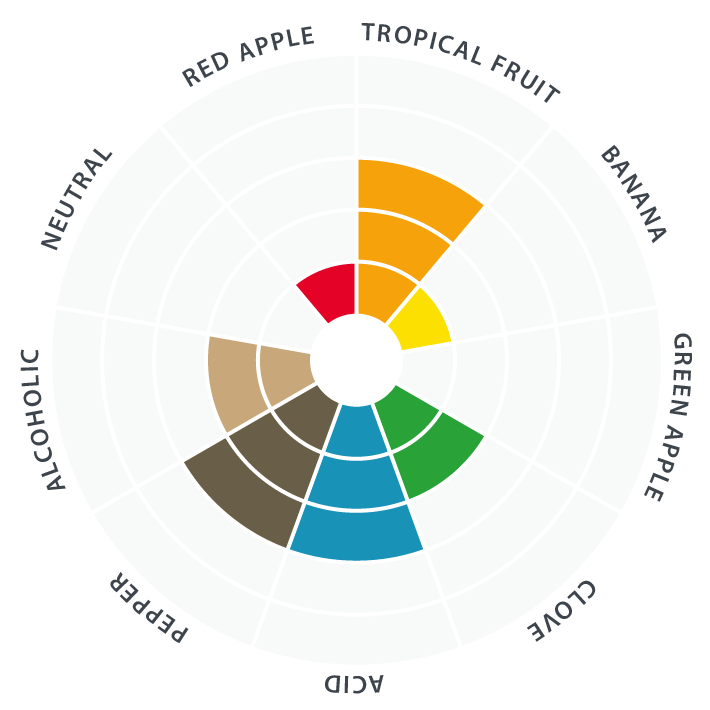
Video
Testimonials
Tallboy and Moose was very happy to be asked to trial Lallemands new Non-Diastaticus Farhouse yeast. We are always very concerned about bringing in possible beer spoiling organisms into the brewery, and the idea of being able to achieve a high quality saison or farmhouse without having to worry about Diastaticus was very attractive to us. For our first trial, we brewed a dry hopped Saison called Crayzon. We had fantastic results. Everyone at the brewery was very pleased with the final product. We chose a mid range temperature profile, knocking out our wort at 16C and allowing it to free rise through primary fermentation. It reached a maximum of 26C. The result was a very pleasant, complex Saison character, and one of the most popular beers we produced that season. Both noticeable fruit esters of candied orange and citrus peel and spicy phenolics were present and mostly balanced. The malt character was still very clean and distinct while having a reasonably dry finish. We were so pleased with this yeast that we wanted to see what else it was capable of doing. We have subsequently brewed several other beers with it using different fermentation profiles. We noticed that fermenting it at 18 to 20C it produced a much cleaner, more neutral beer. There was still a subtle fruit character with almost no traditional farmhouse or phenolic attributes. While knocking out at 25C and allowing it to reach just over 30C during primary fermentation resulted in a much more farmhouse like profile. Less citrus and fruit impact in the taste and aroma, but far more spicy phenolic, barnyard character. Overall we are very happy with this yeast and have plans to continue to use it more in the future.
